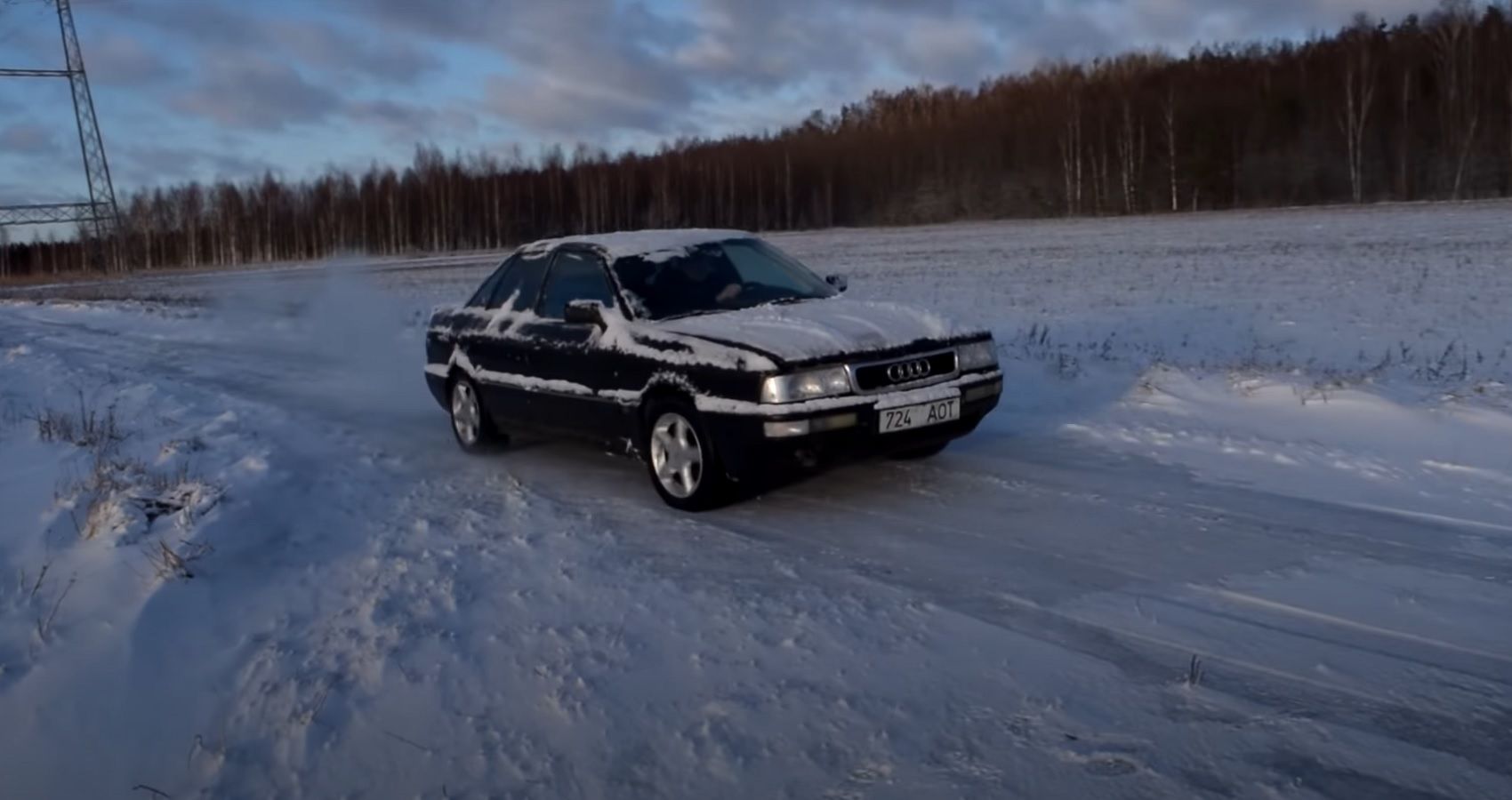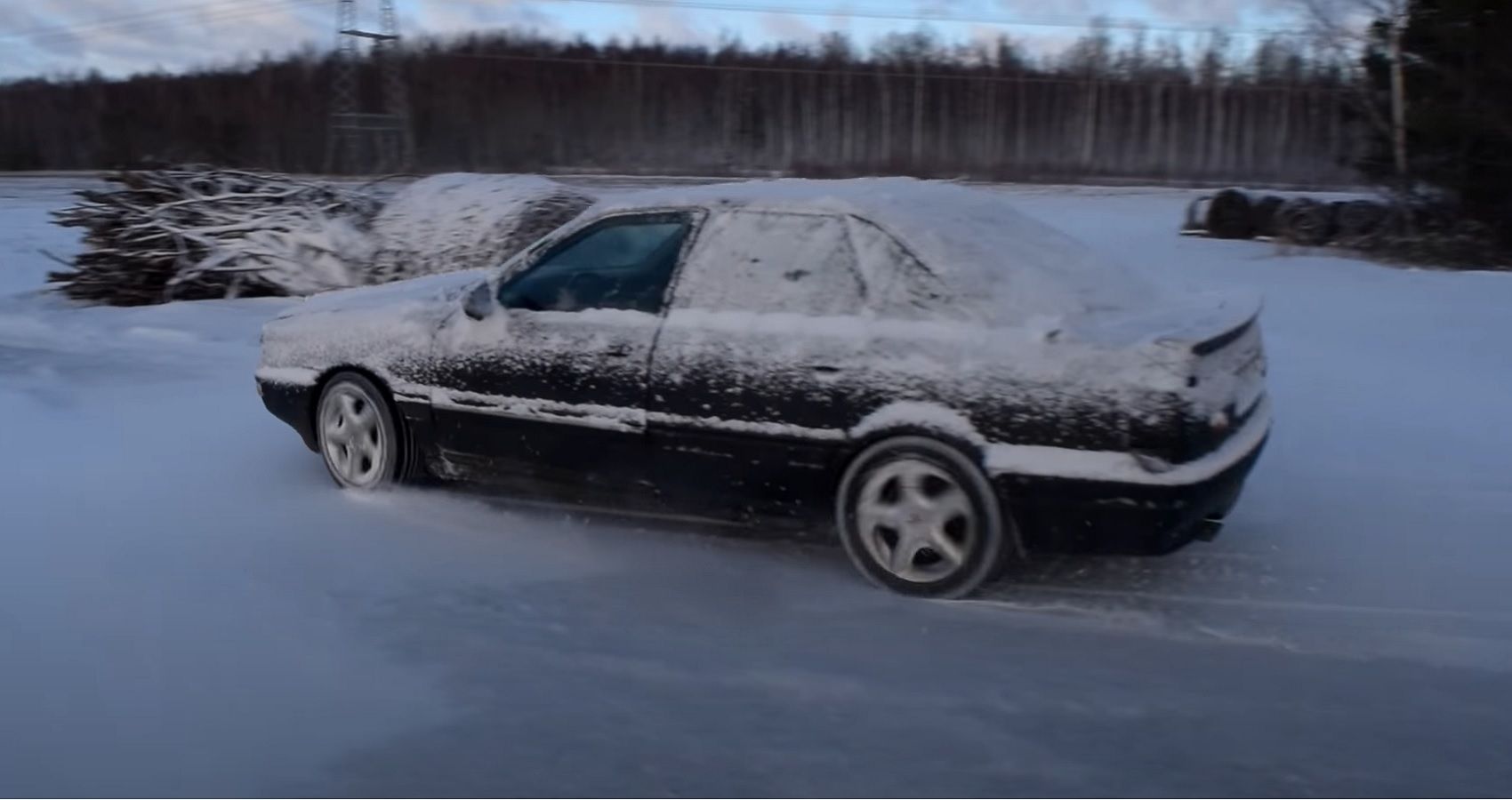Audi is a brand that most would associate with luxury performance in today's market. However, in the '80s and '90s, they produced some of the most competitive sports cars in the World Rally Championship.
Epic sports cars like the Audi S1 Quattro would pave the way for Audi's mass market success that still lives on today. Not everyone wanted rally sports cars, so Audi began making some sedans for everyday people that still offered the heart and soul of Audi's quickest offerings.
One important model to Audi's success was the 90 Quattro which was the predecessor to the A4 model. In Flexiny's YouTube video, we get to see a 1990 Audi 90 Quattro come to life after eight years. With a little TLC, this abandoned classic car from shows that older German cars are some of the most durable vehicles.
German Car Durability
When someone abandons a car for nearly a decade, you can expect to have to put a ton of work into them just to make them safe on the road. In the case of this 1990 Audi Quattro 2.3, Youtube Channel Flexiny really hit the jackpot.
The paint and bodywork need some attention, but the mechanicals of this sporty sedan does not need much work. The interior is also in decent shape especially for a car left out in the cold.
While the engine in this 90 Quattro is not the most powerful, it does make one of the best engine notes. This inline 5- cylinder motor sounds like a baby V10 because a V10 is essentially 2-inline 5-cylinder engines attached together.
With some minor engine work and neglected maintenance complete, the engine has no problem starting up even on a cold winter day. Audi's Quattro All Wheel Drive is present, which is why this sporty sedan looks like a lot of fun in the snow.
Why Newer German Cars Are Less Reliable
In the 1980s and 1990s, Audi, Mercedes-Benz, and BMW all had a common reputation of being extremely reliable cars. Fast-forward to today and the same statement is not usually heard. While every vehicle is different, the general consensus is that newer German cars are a risky purchase after the warranty expires.
These newer German cars are becoming so complicated due to all the electronics and computer systems working together. When something goes wrong, it can cause a chain reaction with multiple systems in the vehicle. This is the main reason why newer German cars are less reliable and depreciate heavily after new.
While unlikely to happen, it would be refreshing to see German reliability go back to what it was in the '80s and '90s.


